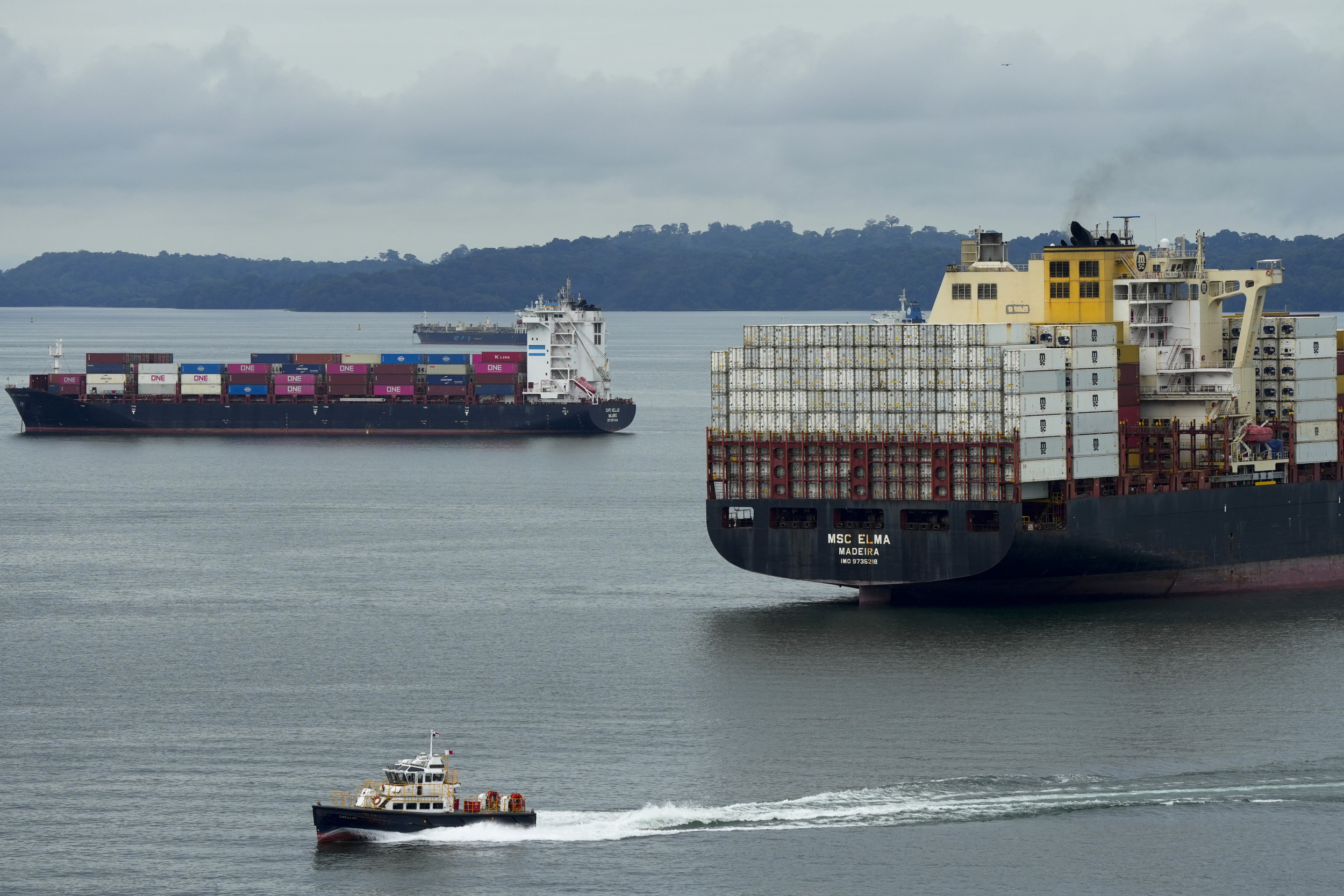As Donald Trump reclaims the White House, analysts believe China is taking the opportunity to reshape its diplomatic landscape, particularly with nations that former President Joe Biden sought to court during his tenure.
In the wake of Biden's strategy to counter China's growing influence by building alliances with "like-minded countries," China has made notable progress in improving relations with the U.S.'s traditional allies—including Japan, India, and the U.K.
Why It Matters
Trump's return could signal a shift toward a more unilateralist approach, providing China with the chance to recalibrate its foreign policy.
During Biden's administration, the U.S. reinvigorated the Quad alliance, consisting of the United States, India, Japan, and Australia, in a bid to counterbalance China's economic and military power in the Indo-Pacific.

What To Know
While Beijing strengthens ties with key players in this grouping, the future of Biden's legacy in the region appears uncertain.
Some observers predict that Trump's approach could weaken U.S. alliances, but others point out that his policies successfully rallied global partners to adopt a more competitive stance toward China.
How Far Along Is China in Improving Relations With Us Allies?
During his first term, Trump endorsed Japan's "Free and Open Indo-Pacific" strategy and supported efforts to exclude Chinese telecom giants from critical networks in the U.S. and allied countries.
But Japan's economic rapprochement with China is still in its early stages, and India has protested Beijing's creation of two new counties in disputed border regions.

What Are the Territorial Disputes in The
South China Sea?
Yet, leaders in Australia, the U.K., and Japan have shown a renewed interest in bolstering relations with China, especially given the country's role as the world's largest manufacturer and a key supplier of strategic minerals.
In recent weeks, Chinese President Xi Jinping spoke with European Council President Antonio Costa, offering to stabilize the globe through enhanced cooperation.
Additionally, China and the U.K. resumed economic and financial talks after a six-year hiatus, following visits by senior officials from both nations.
But some countries remain cautious. The Philippines remains at odds with China over territorial disputes in the South China Sea.
Despite a temporary deal to avoid violent confrontations last year, tensions persist.
Trump's statements on other international issues have already ruffled feathers among U.S. allies.
His recent comments about possibly annexing Greenland, a territory of NATO ally Denmark, and suggesting Canada should become the 51st U.S. state have raised concerns.

What People Are Saying
Wu Xinbo, dean of the Institute of International Studies at Fudan University in Shanghai, said "It is possible that Trump may drift away from U.S. allies, making them pay more attention to China's role, and in fact, it has provided a chance for China's diplomacy. I think we should grasp the chance."
Wu explained that for China, improving ties with U.S. allies and boosting economic cooperation is crucial to mitigating the affect of deteriorating China-U. S. relations. He said "Improving relations with American allies will offset the shock to China-U. S. economic relations."
Sun Yun, director of the China program at the Stimson Center, said "Countries want to at the minimum keep their options open. China is unlikely to be a better choice than the U.S., even under Trump, but it is important to find some counterbalance."
What Happens Now
Despite Beijing's warming ties with the U.K. and Japan, significant obstacles remain.
In Japan, senior diplomatic visits are rekindling ties, while British Prime Minister Keir Starmer has attempted to steer the U.K. back toward engagement with Beijing, distancing his government from the more confrontational stance of his predecessor, Rishi Sunak.
The shifting dynamics reflect a broader recalibration in global diplomacy, with nations looking to hedge their bets amid an unpredictable future under Trump.
This article contains additional reporting from The Associated Press




















 English (US) ·
English (US) ·